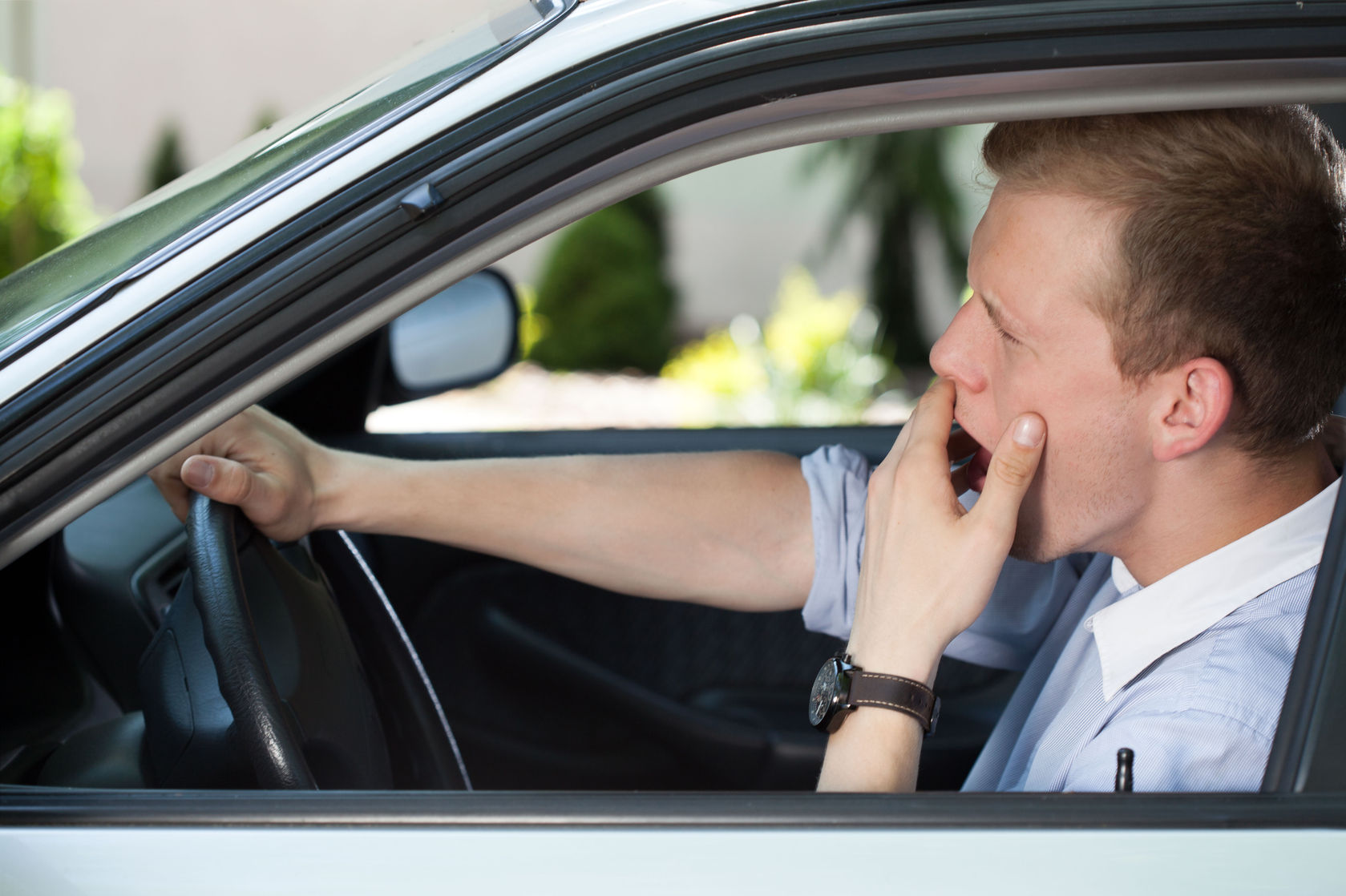
How You Can Avoid Drowsy Driving
By: Sarah Johnson, Tuck Sleep Foundation
Drowsy driving can be as dangerous as driving drunk. But even people who wouldn’t dream of getting behind the wheel while intoxicated drive while sleepy.
Sixty percent of U.S. adults admit to driving while drowsy, and one third have fallen asleep at the wheel. Although this is a common mistake, it’s no less dangerous.
Why Drowsy Driving is Dangerous
Driving while you’re excessively tired is dangerous because you’re impaired, similar to driving while drunk. When you drive while drowsy, effects include:
- Difficulty paying attention to the road
- Inability to make fast decisions
- Trouble focusing
- Drifting from your lane
- Nodding off
You don’t have to completely fall asleep behind the wheel for drowsy driving to be dangerous, either. With slower reaction times and difficulty focusing, you can be awake but still dangerously impaired by too little sleep.
Are You at Risk of Drowsy Driving?
Although drowsy driving can affect anyone, there are certain groups who are particularly at risk of driving impairment due to lack of sleep. The UCLA Sleep Center has identified several groups that are the most likely to suffer from drowsy driving:
- Young male drivers: Young men are more likely to stay up late, work long hours, drink alcohol, or engage in high risk behavior.
- Shift workers and business travelers: Working on a rotating shift or working against your body’s natural sleep/wake clock can lead to a lack of sleep or poor quality of sleep.
- People who are regularly short on sleep: Those who have accumulated a large sleep debt can become severely sleepy and doze off even during normal tasks, such as driving.
- Drivers who have been awake for a long time: Being awake for more than 15 hours is more likely to cause a crash. This can happen if you’ve stayed up to study for a test, worked an especially long shift, or stayed up all night with a child.
- Drivers with unrelated sleep disorders: You may struggle to sleep, but not know the true cause if you have an unrelated sleep disorder. Conditions including insomnia, sleep apnea, and narcolepsy can severely limit your ability to sleep well.
- Drivers who take medications: You may take medications that make you drowsy as a side effect. This is especially important if you take them regularly, but you should always read side effects even if you’re taking a medication temporarily.
- Drunk drivers: Drunk drivers are impaired from drinking, and alcohol use can make you sleepy as well, significantly lowering your mental and physical alertness.
How to Identify Drowsy Driving
You may be driving drowsy and not realize it. If you’ve been awake for a long time, have built up a sleep debt, or have an untreated sleep disorder, you’re particularly at risk. But anyone can find themselves sleepy behind the wheel. Watch yourself for these danger signs:
- Heavy eyelids
- Not remembering the last stretch of road you drove
- Trouble focusing
- Bobbing your head
- Yawning frequently
- Drifting from your lane
If you start showing signs of drowsy driving, it’s important that you pull over and rest while you can still do so safely. You can take a quick nap, grab a cup of coffee, or switch drivers.
What You Can Do to Stop Drowsy Driving
Getting enough sleep each and every night is the best way to avoid drowsy driving, according to the NHTSA. You should make getting seven to eight hours of sleep each night a priority, as it is the only true preventive measure. Good sleep hygiene and a healthy sleep environment can support you in getting enough sleep each night to drive safely.
Other steps you can take include:
- Drive at the time of the day when you’re most alert
- Take special care to sleep well before a long road trip
- Avoid drinking before driving, which can make you impaired as well as sleepy
- Take care when using medications that can cause drowsiness, using public transportation or avoiding driving when you may feel sleepy
- Watch yourself carefully for signs of sleepiness

 0
0